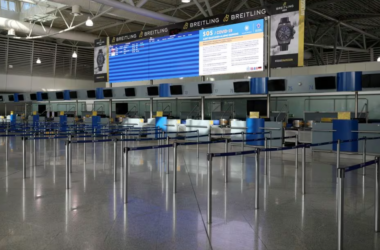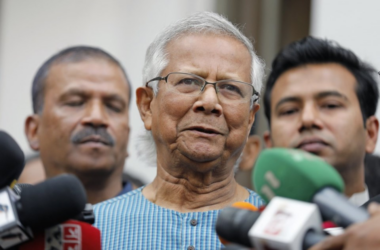In a decisive move amidst the ongoing turmoil in Haiti, a nine-member transitional council has named Garry Conille as the Caribbean nation’s next prime minister. Conille, who briefly served as prime minister from October 2011 to February 2012, brings experience from his previous tenure and recent role as a regional director for UNICEF.
This appointment comes at a critical time for Haiti, as gangs have seized control of much of the capital, Port-au-Prince. Conille succeeds interim Prime Minister Michel Patrick Boisvert, who stepped in following Ariel Henry’s resignation in late April. The selection process has been fraught with challenges, marked by false starts and controversy.
Haiti has been in political disarray since the assassination of President Jovenel Moise in July 2021. The country has not held federal elections since then, exacerbating the power vacuum. Ariel Henry, who was named as a successor shortly before Moise’s death, acted as president without a formal election. His tenure saw increasing instability, culminating in the expiration of the last elected federal officials’ terms in January 2023.
Amidst this vacuum, gangs have expanded their influence, controlling approximately 80 percent of Port-au-Prince and its access routes. The United Nations reports that gang violence has displaced over 362,000 Haitians and resulted in more than 1,500 deaths in the first three months of 2024 alone.
Henry’s resignation came after international and domestic pressures, and an unsuccessful attempt to garner support for an international security mission during a trip to Kenya. During his absence, gangs launched significant attacks on key infrastructure, including prisons, police stations, and the capital’s airport.
In response to the escalating crisis, the Caribbean Community (CARICOM) facilitated the establishment of a transitional council to oversee Haiti’s political transition and restore democracy. This nine-member council, with seven voting members, is slated to be dissolved in 2026 following a new presidential election.
Conille’s appointment was confirmed by a six-to-one vote. However, the process has been contentious. Last month, an attempt to appoint former sport minister Fritz Belizaire was retracted after criticism over procedural irregularities. Even with Conille’s appointment, skepticism remains. Line Balthazar, president of the Tet Kale party, described the process as improvised, and the Montana Accord, a civil society group, criticized the council’s lack of transparency.
The Montana Accord emphasized the dire situation in Haiti, noting that the suffering of the people worsens as gangs gain more control and commit more crimes. They called for substantial measures to restore stability.
Meanwhile, gang leaders have expressed their refusal to recognize the council or its decisions. Jimmy “Barbecue” Cherizier, leader of the G9 Family and Allies gang, openly declared in March that they would not acknowledge CARICOM’s actions.
As Garry Conille steps into his role as prime minister, he faces the formidable task of navigating Haiti through its current crisis and laying the groundwork for a more stable and democratic future.








